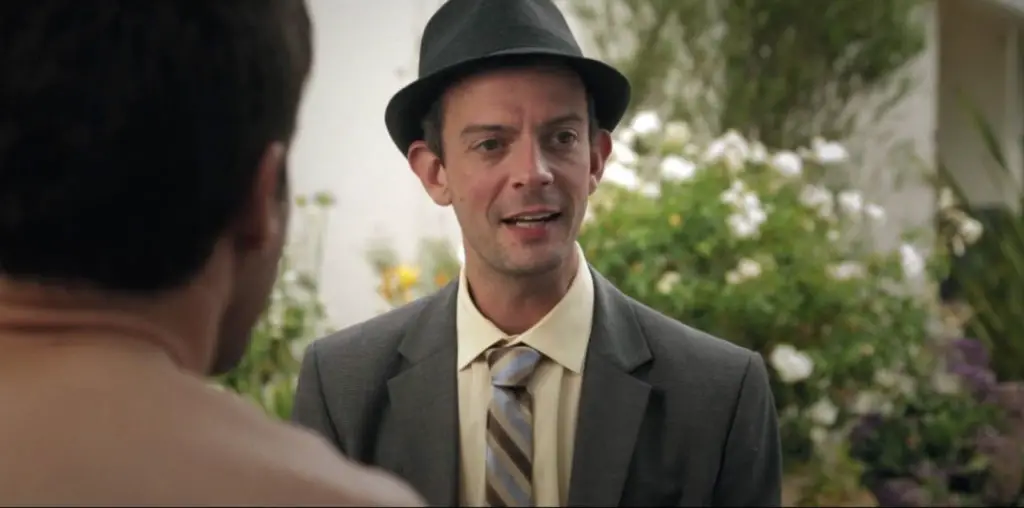
Sometimes films released just in the nick of time for awards consideration leave you wondering exactly what kind of honors the studio is trying to win (or, in some cases, whose ego the suits are trying to appease). Roland Joffé’s visually resplendent costume drama leaves no doubt as to what the mighty Miramax machine is gunning for: an Academy Award nomination in the art direction category. Such a nod is a worthy cause for the brothers Weinstein’s famously aggressive campaigning tactics, for the production design by Jean Rabasse is indeed a sight to behold. Not only does his work simply get all the 17th Century France period details right, certain sets show amazing imagination and creativity. One early sequence features one particularly spectacular set, where pieces in a garden fall away and interlock into a completely different type of setting altogether–that of a lavish party.
But Harvey and Bob shouldn’t bet on pulling off any “Cider House Rules”-style multiple nomination miracles for what is, impressive production values aside, a stillborn piece of work. “Vatel” is, as stated in a large title card, “a true story” (as opposed to “interesting story,” but more on that later) about François Vatel (Gérard Depardieu), master steward to the Prince de Condé (Julian Glover). When King Louis XIV (Julian Sands) and his large entourage pay a visit to the Prince’s countryside home, it’s up to Vatel to not only come up with scrumptious meals but present them in nothing less than the most flamboyant manner possible. But Vatel soon finds his attention diverted from his work by the elegant Anne de Montausier (Uma Thurman)-whom the King targets as his latest mistress. What’s more, Anne is also the apple of the eye of the devious Marquis de Lauzon (Tim Roth), an aide to the king.
The Vatel/Anne relationship is at the center of “Vatel,” but it never strikes any sparks nor registers any interest from the audience, due to sketchy characterizations and the less-than-stirring pairing of Depardieu and Thurman, who don’t appear terribly comfortable with each other, let alone themselves. Depardieu struggles with the English language dialogue (written, with only a touch of his celebrated wit, by Tom Stoppard, adapting Jeanne Labrune’s original screenplay), and Thurman, looking quite refined, is also as chilly and remote as that term implies. Only Roth and Sands display signs of life in the designated “showy” roles, and Roth-who gives the film’s most interesting performance–is onscreen just little enough to show how listless most of the film is. Period costume dramas are always expected to offer opulent pageantry, but in the case of “Vatel,” that’s all there is.

